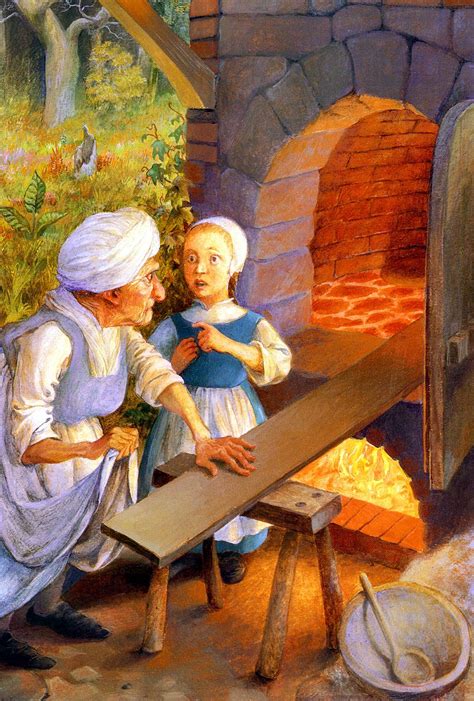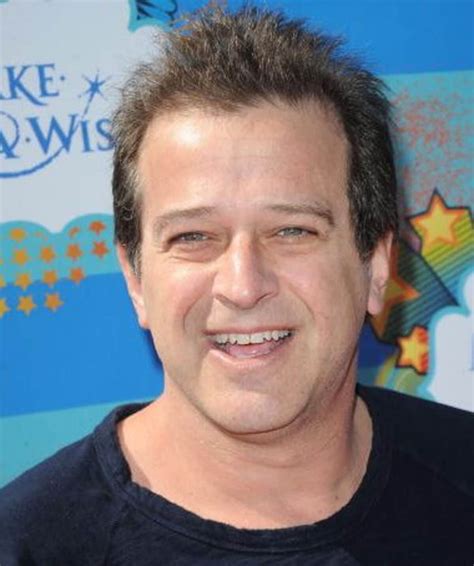A Quote by Julie Andrews
I hope that when children read my stories that they evoke images for children. I four stories can help children use their own imaginations and lead them to act the stories out or to embark on related research, they will learn more and learn to love reading more.
Related Quotes
Making fiction for children, making books for children, isn't something you do for money. It's something you do because what children read and learn and see and take in changes them and forms them, and they make the future. They make the world we're going to wind up in, the world that will be here when we're gone. Which sounds preachy (and is more than you need for a quotebyte) but it's true. I want to tell kids important things, and I want them to love stories and love reading and love finding things out. I want them to be brave and wise. So I write for them.
I believe that if a child has a feel for writing and wants to write, there is an audience. Children should just dive in and go at it. I would encourage children to write about themselves and things that are happening to them. It is a lot easier and they know the subject better if they use something out of their everyday lives as an inspiration. Read stories, listen to stories, to develop an understanding of what stories are all about.
We don't think much about how our love stories will affect the world, but they do. Children learn what's worth living for and what's worth dying for by the stories they watch us live. I want to teach our children how to get scary close, and more, how to be brave. I want to teach them that love is worth what it costs.
Long before I wrote stories, I listened for stories. Listening for them is something more acute than listening to them. I suppose it’s an early form of participation in what goes on. Listening children know stories are there. When their elders sit and begin, children are just waiting and hoping for one to come out, like a mouse from its hole.
We have an obligation to read aloud to our children. To read them things they enjoy. To read to them stories we are already tired of. To do the voices, to make it interesting, and not to stop reading to them just because they learn to read to themselves. Use reading-aloud time as bonding time, as time when no phones are being checked, when the distractions of the world are put aside.
Children who are respected learn respect. Children who are cared for learn to care for those weaker than themselves. Children who are loved for what they are cannot learn intolerance. In an environment such as this, they will develop their own ideals, which can be nothing other than humane, since they grew out of the experience of love.
In its jolly mission to expose the dark underbelly of the children’s book world, Wild Things! turns up stories I’ve been hearing noised about for ages, but with a lot more detail and authenticity. The stories may not be quite as sordid as my own imagination had conjured up—although a few of them are—because there’s no denying that this field is full of mostly nice people!—but it’s all fun and a great read for anyone interested in both children’s books and the collection of people who make them.
Parents rarely let go of their children, so children let go of them. They move on. They move away. The moments that used to define them - a mother's approval, a father's nod - are covered by moments of their own accomplishments. It is not until much later, as the skin sags and the heart weakens, that children understand; their stories, and all their accomplishments, sit atop the stories of their mothers and fathers, stones upon stones, beneath the waters of their lives.
As a parent with young children, I would always find little things that bothered me when I was reading bedtime stories or watching shows or listening to children's music. I couldn't find any stories, games or television shows that were fun and exciting while also being morally instructive and patriotic.



































